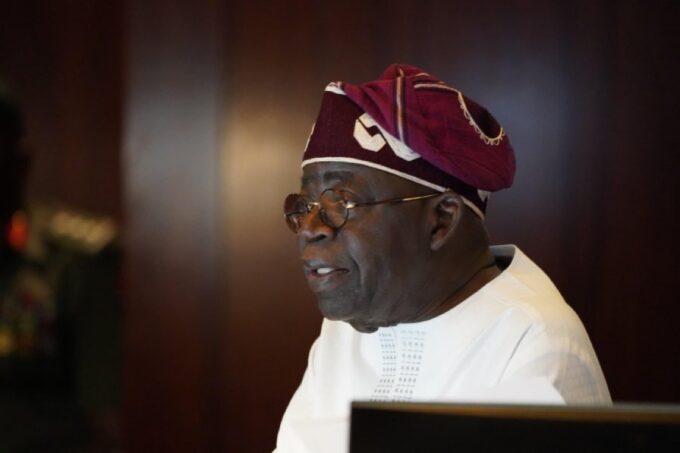The president of the Petroleum and Natural Gas Senior Staff Association of Nigeria PENGASSAN, Mr Festus Osifo, has disclosed the reasons why the Nigeria’s state-owned refineries are failing, citing political interference which denied workers the tools, widespread corruption and mismanagement and lack of enabling environment to deliver effectively, and not that Nigerians lacked the skills.
Osifo gave the reasons on Friday, 22 August, 2025 while speaking at the ongoing 4th PENGASSAN and Labour Summit (PEALS 2025), in Abuja is themed, “Building a Resilient Oil and Gas Sector in Nigeria: Advancing HSE, ESG, Investment and Incremental Production.
The PENGASSAN president, who said Nigeria’s energy future require more than skilled manpower and there is the urgent need for tools, policy stability, and supportive reforms to drive growth in the energy sector, said that during the COVID-19 pandemic, Nigerian workers successfully operated offshore platforms after expatriates departed.
According to him, development had proven that the country possessed skilled manpower capable of sustaining global-standard energy production without disruption.
While explaining that policy inconsistencies and political interference undermine investor confidence and cripple the nation’s oil and gas sector, Osifo expressed concerns over frequent changes to petroleum laws, warning they discourage vital investments.
He explained that predictability in fiscal regimes is key to attracting petrodollar into Nigeria’s economy and long-term infrastructure development.
“We must have an industry that investors can predict in five or ten years. Constantly changing policies will only chase away investors and delay sectoral growth,” he said
On training, Osifo urged both indigenous and international operators to prioritise worker capacity building, saying this would ensure that Nigerians remain globally competitive and prepared for the changing demands of the energy and labour markets.











